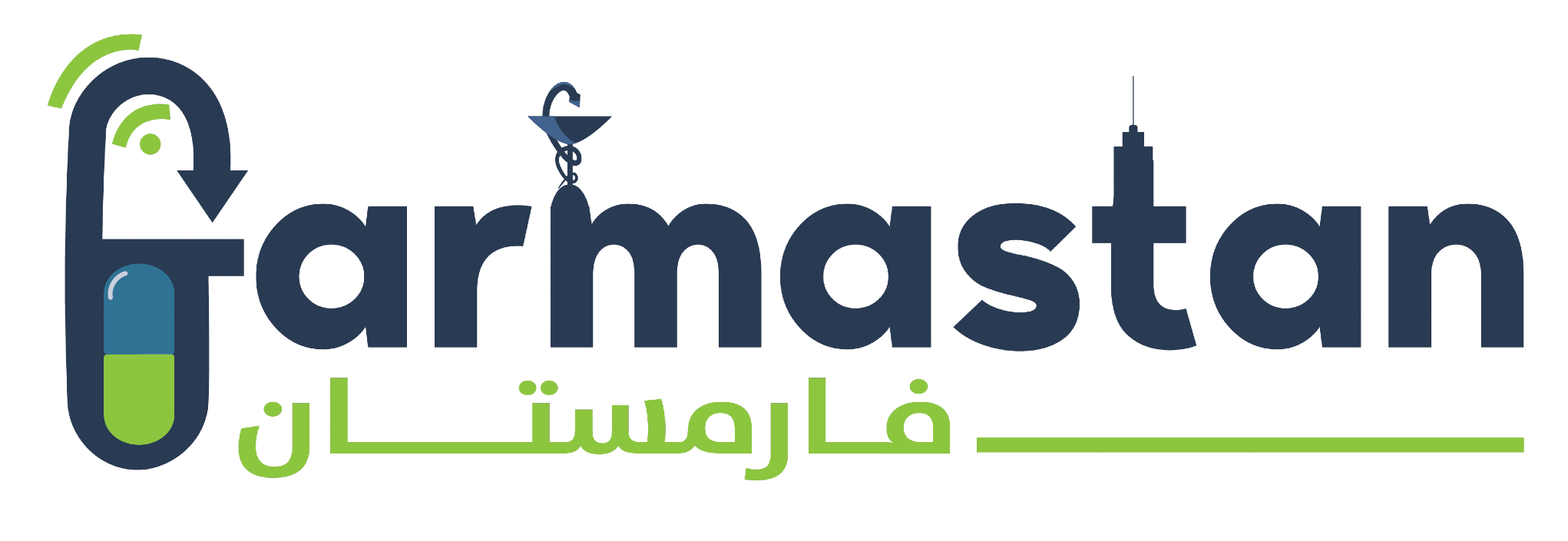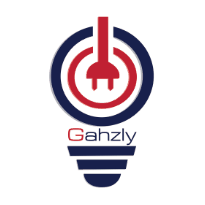Fertility Drugs – What They Are and What They Do
[ad_1]
Probably the best-known fertility drug in the United States is Clomiphene, also known as Serophene or Clomid. It comes in tablet form and is relatively safe. However, like many drugs, it has some potential side effects. These include headache, mood swings, vaginal dryness and ovarian cysts. There is also a 10 percent chance that a woman who takes Clomiphene will have twins.
At the Reproductive Resource Center of Greater Kansas City, fertility doctors use Clomiphene to induce or improve ovulation because it helps the body make more follicle-stimulating hormone (FSH), which is important in the process. However, Clomiphene is only one of the drugs that might be chosen to boost fertility.
Follicle-stimulating hormone in a form known as Follistim or Gonal-f is synthetic FSH. It is used to help induce ovulation. It can also be used to encourage development of multiple eggs for use in in vitro fertilization (IVF). Side effects of Follistim or Gonal-f include head and muscle aches, enlarged ovaries, irritability and breast tenderness.
Heparin, in the form of Hep-Lock or Liquaemin, is a blood thinner used to reduce the risk of miscarriage. It is injected in women whose blood-clotting disorders appear to cause recurrent loss of pregnancy. Heparin can have side-effects, such as skin rash, heavy bleeding, back pain, stomach pain, high blood potassium and, in cases of long-term use, hair loss.
Antagon is a form of gonadotropin-releasing hormone antagonist. It helps regulate ovulation in women undergoing treatment or chemotherapy. It is injected to increase the body’s production of luteinizing hormone (LH) and follicle-stimulating hormone. The increased hormone levels cause the ovaries to cease producing eggs. The side effects of Antagon include insomnia, headaches, hot flashes and vaginal dryness.
Human menopausal gonadotropin, which is produced under the names Pergonal, Repronex and Menopur, is an injectable mix of luteinizing and follicle-stimulating hormones. It can be used to assist women who don’t ovulate or ovulate rarely, as well as women who do ovulate, by helping in egg maturation and release.
Depending on the objective of the therapy, fertility drugs can be used to either increase or decrease fertility. They are important tools in a comprehensive approach to women’s needs. The physicians at Kansas City’s Reproductive Resource Center make use of drugs as well as other means to help women achieve their reproductive goals.
The best way to learn about fertility treatment options is to consult a physician who specializes in fertility. He or she can discuss the full spectrum of alternatives and indicate help determine the optimal choice.
[ad_2]

يسعدنا زيارتكم صفحاتنا على مواقع التواصل الاجتماعي حيث نقوم بنشر عروض حصرية على موقعنا الالكتروني.
صفحتنا علي الفيسبوك هنا.
حسابنا على تويتر هنا


Leave a Reply
You must be logged in to post a comment.